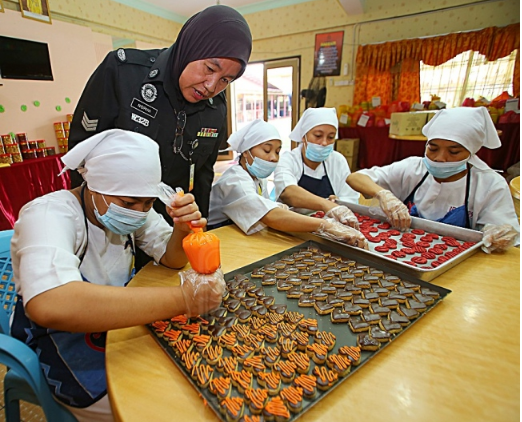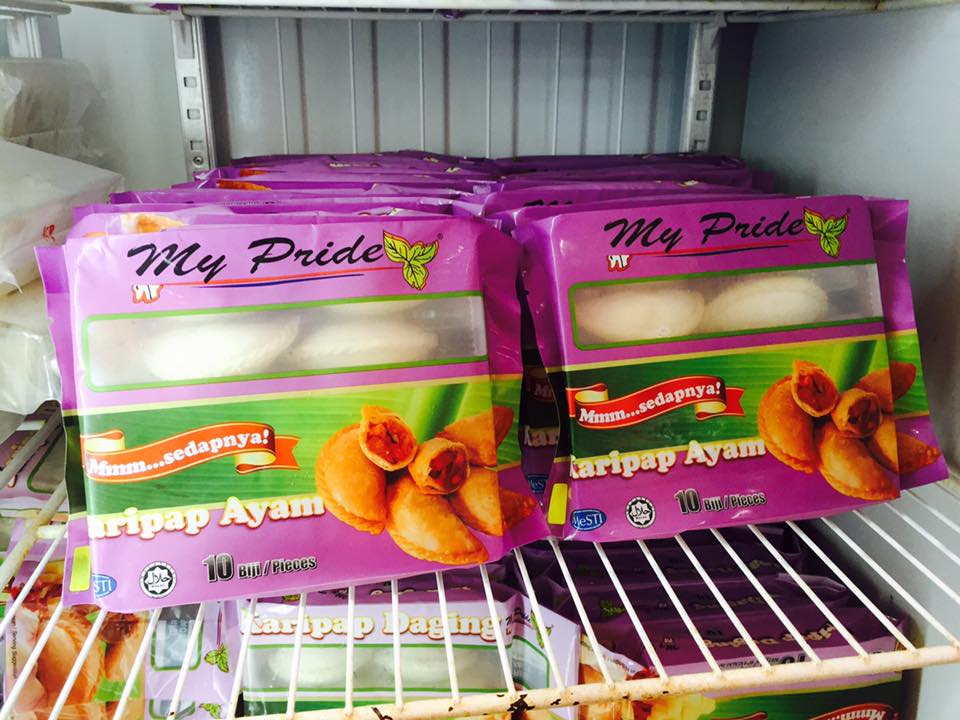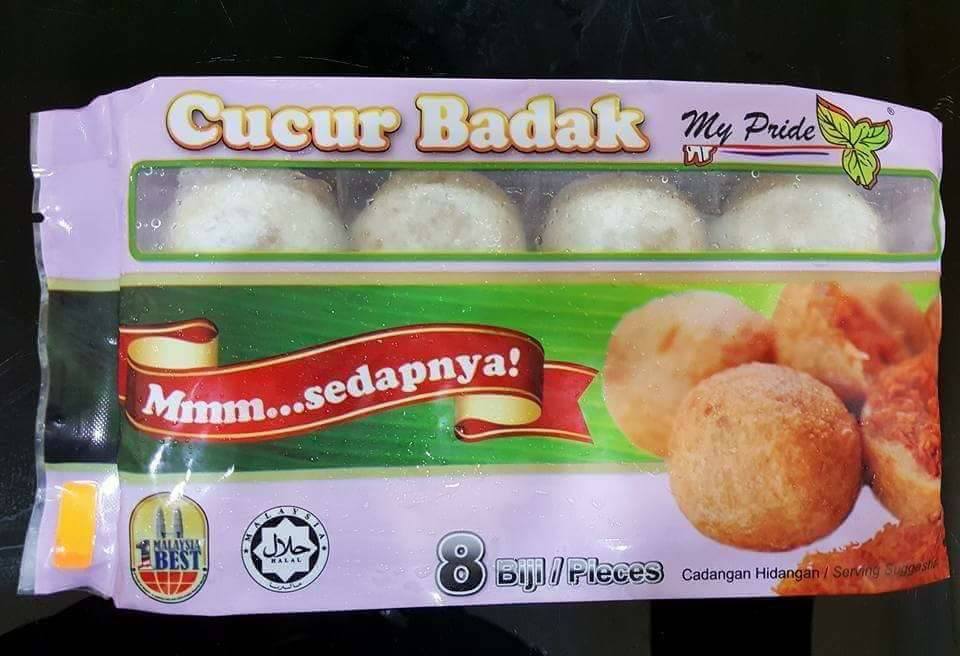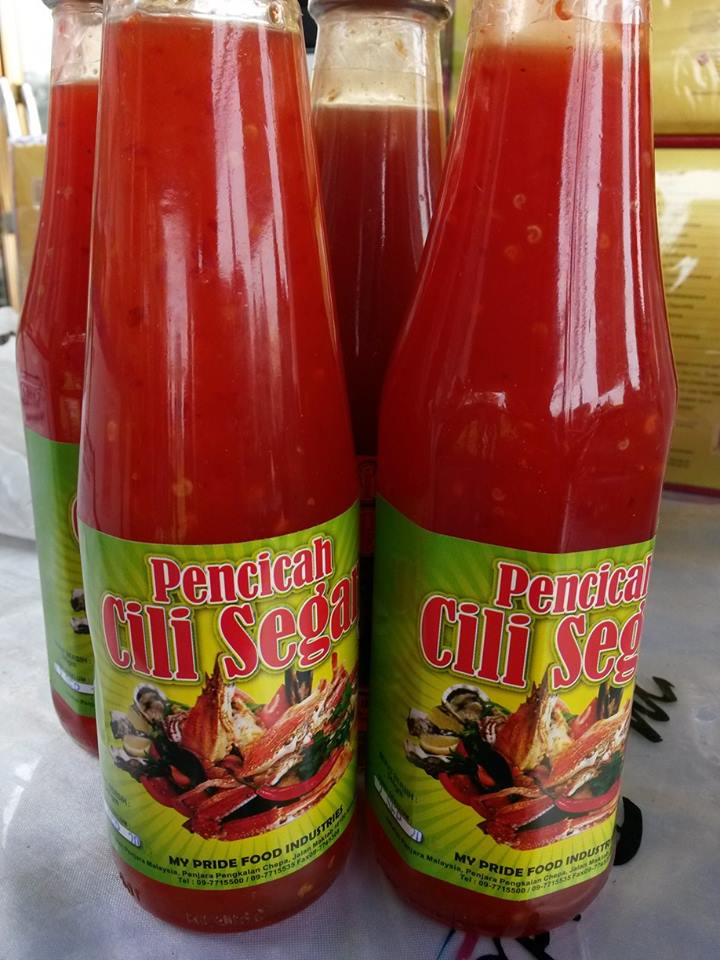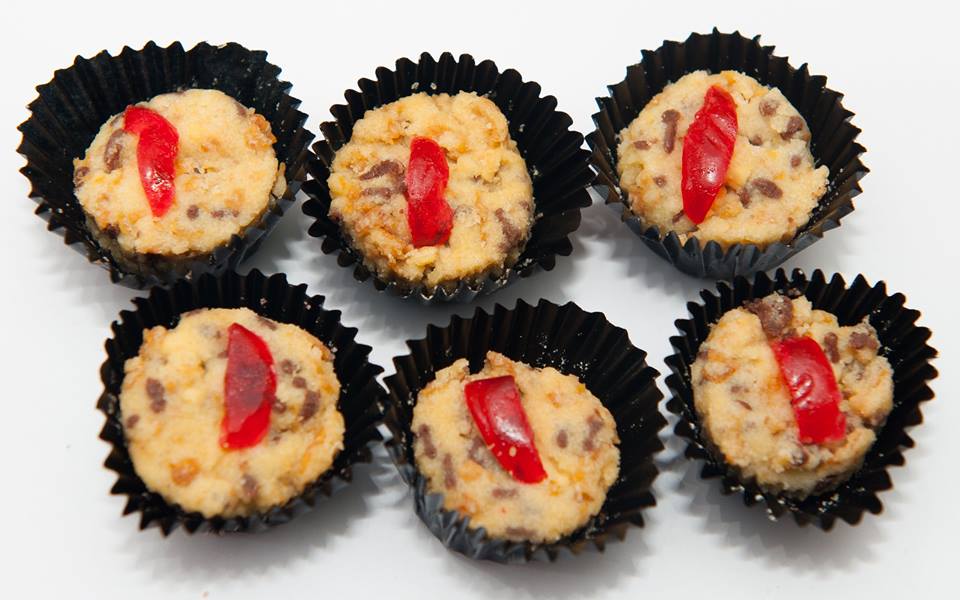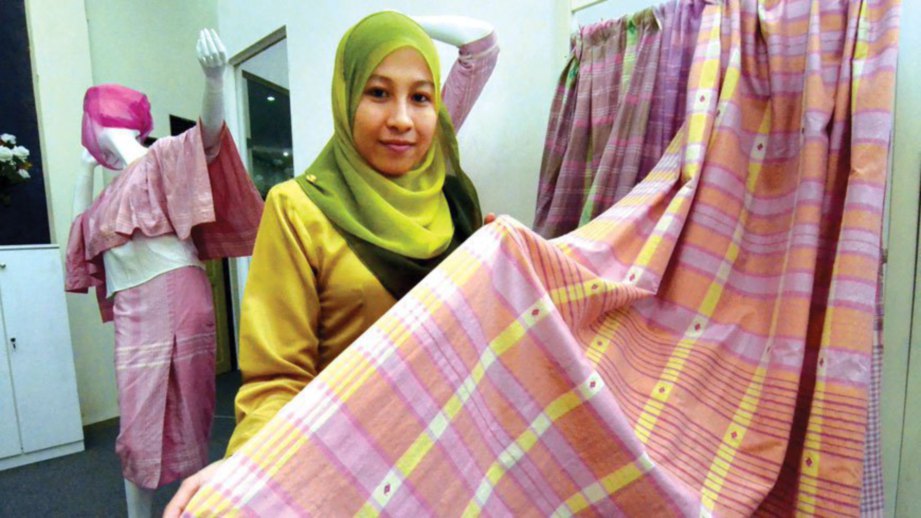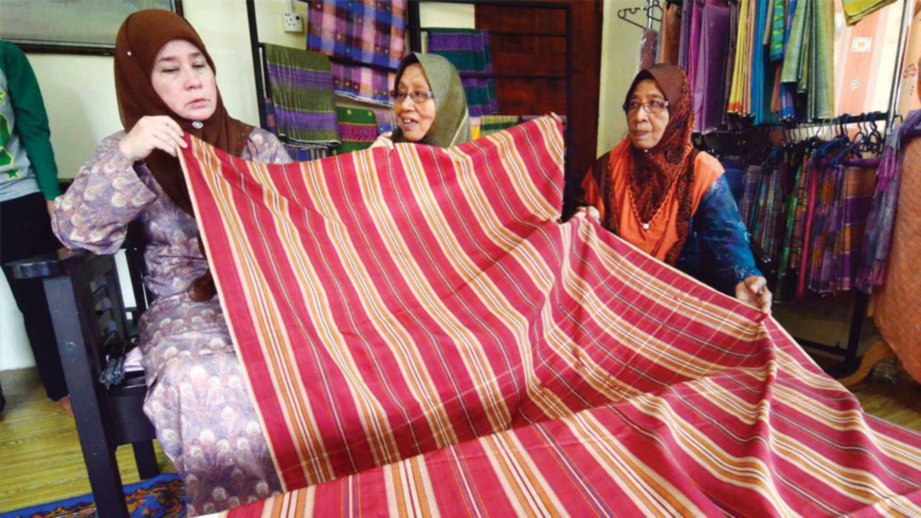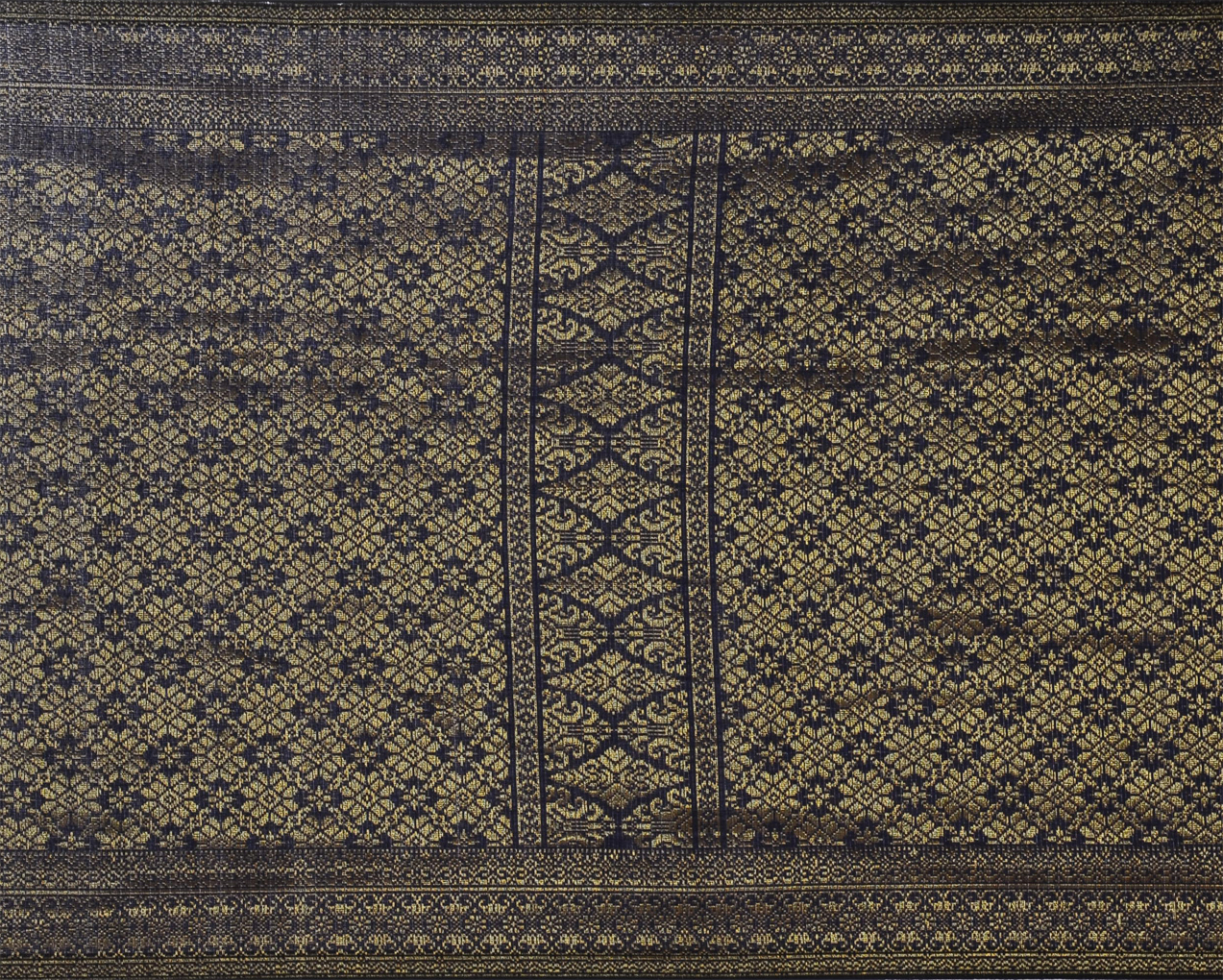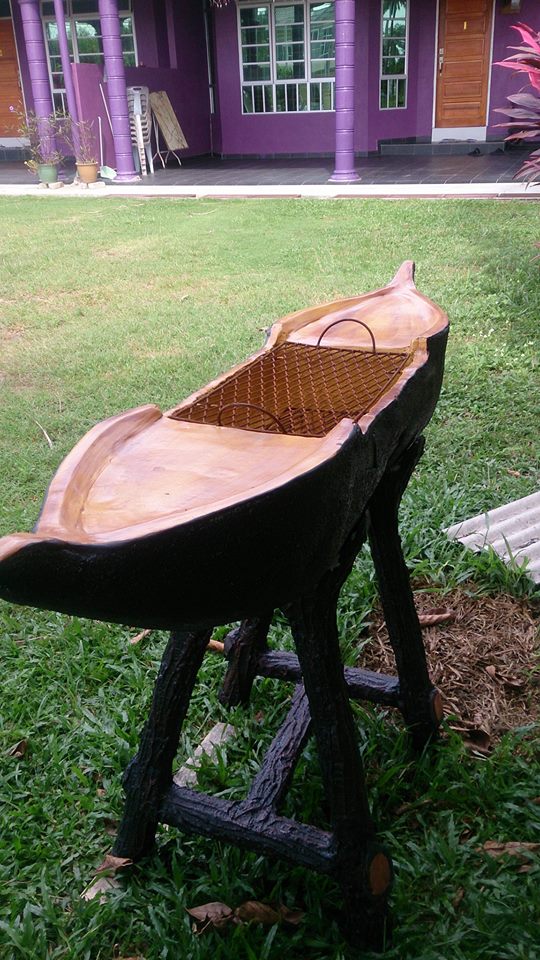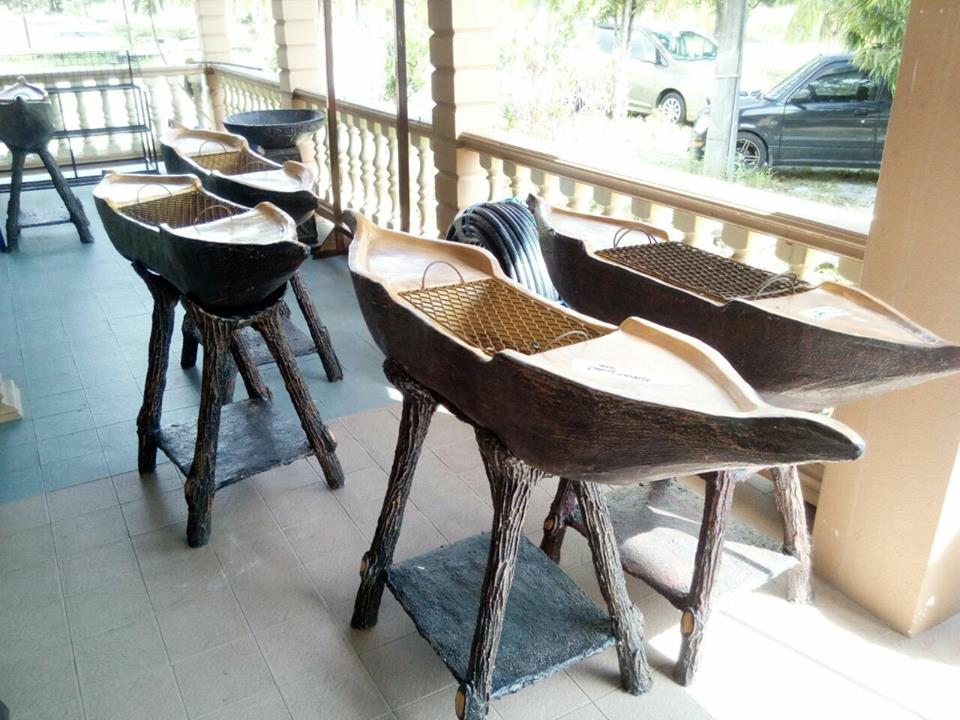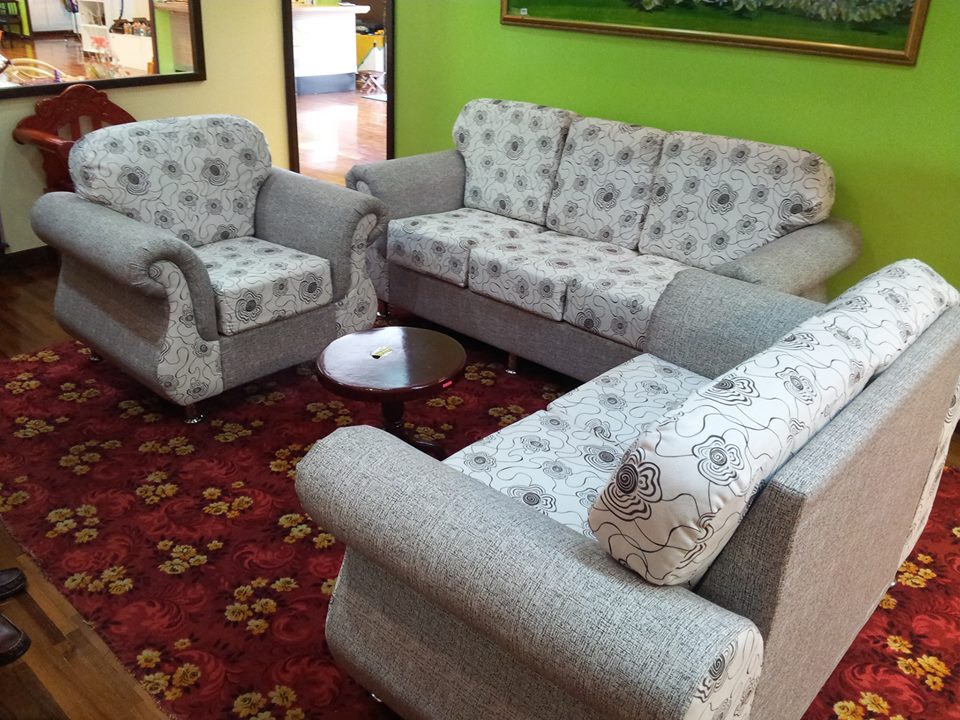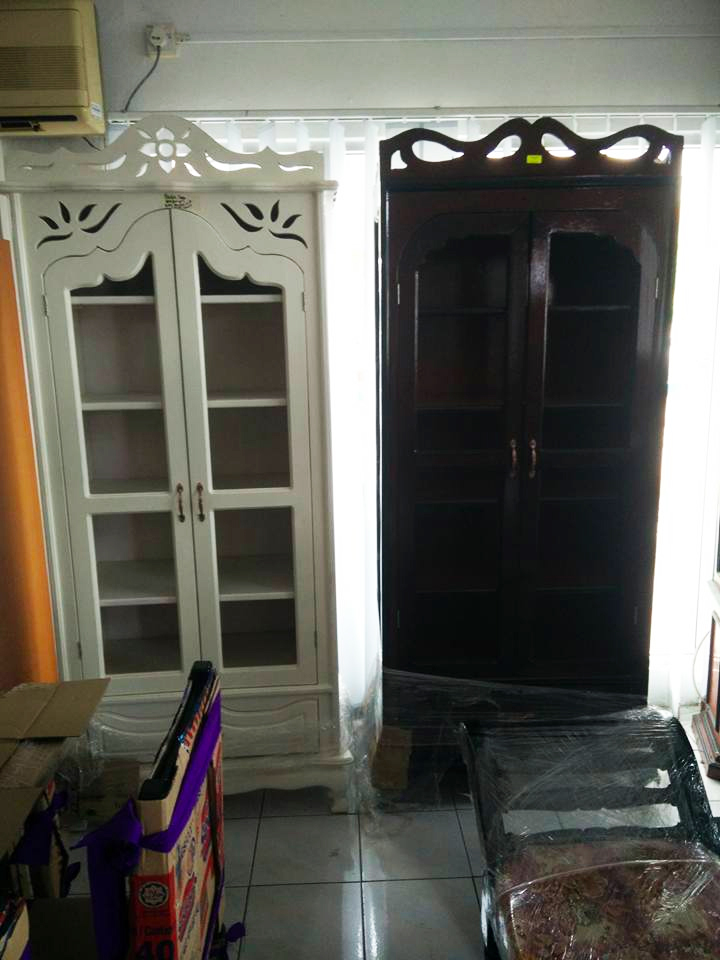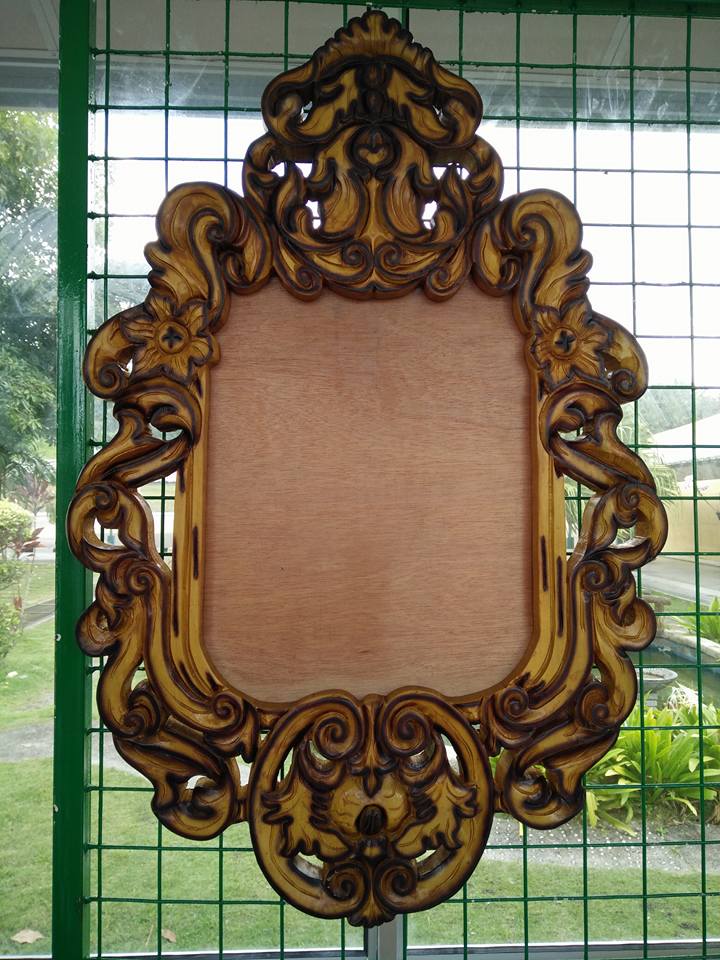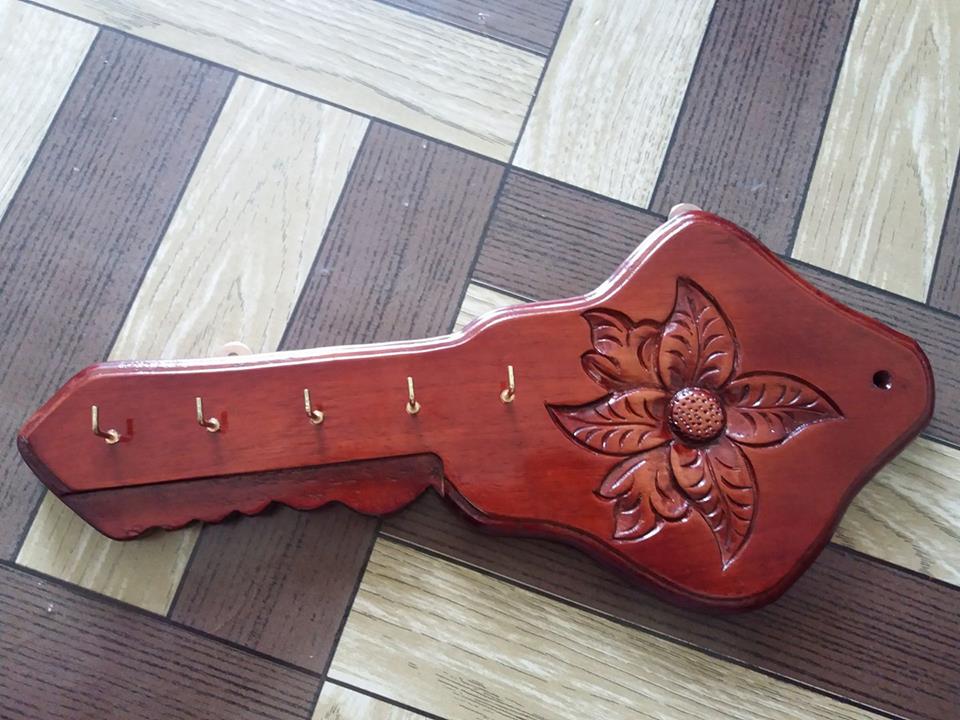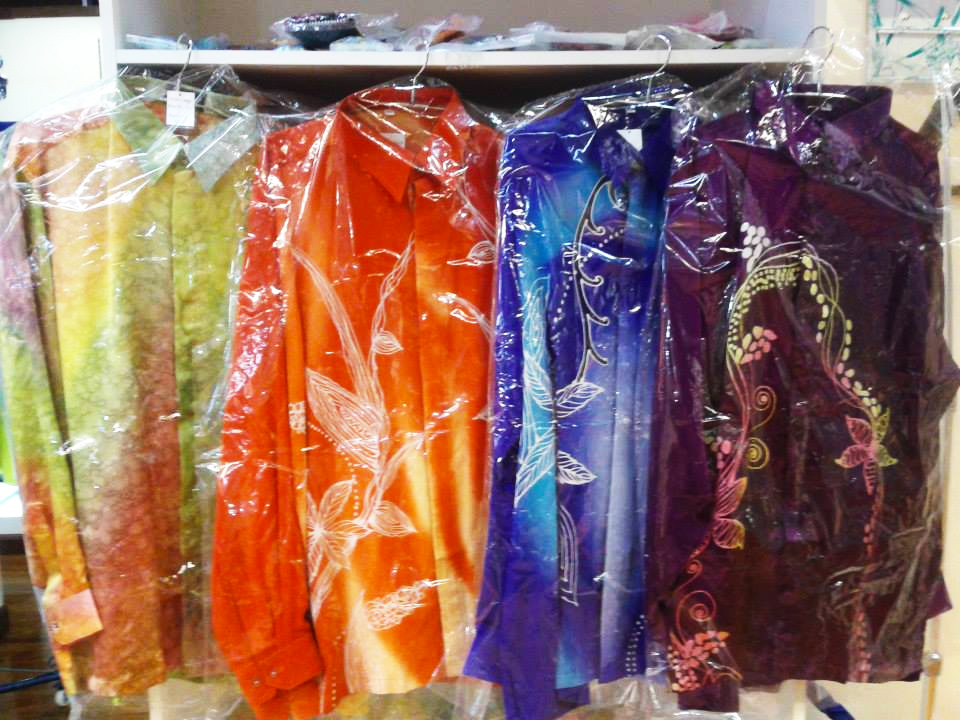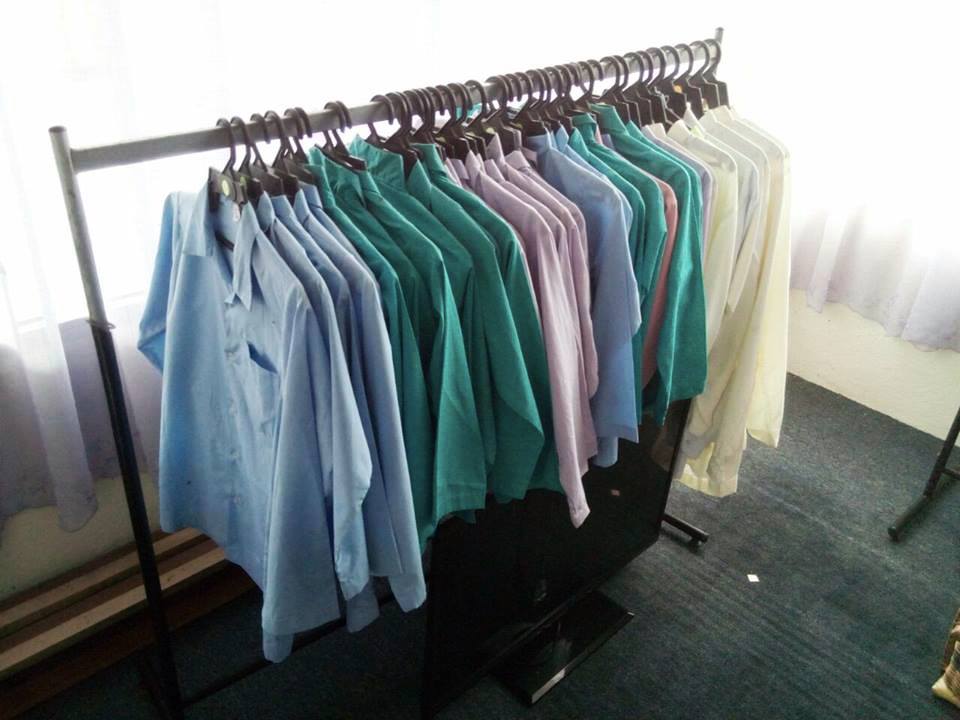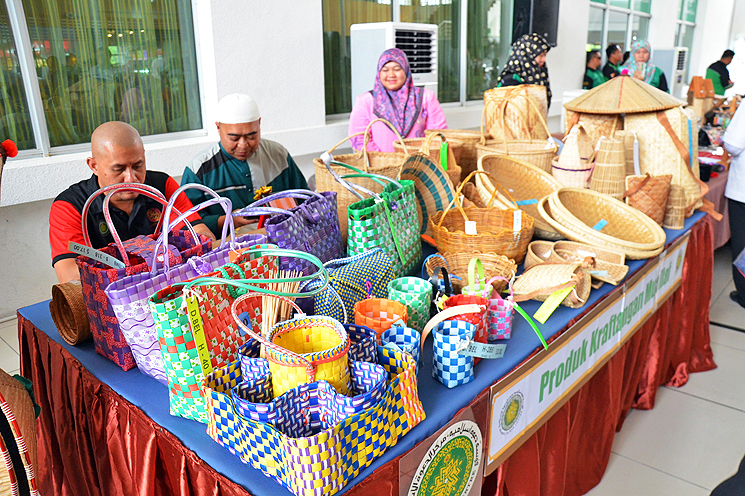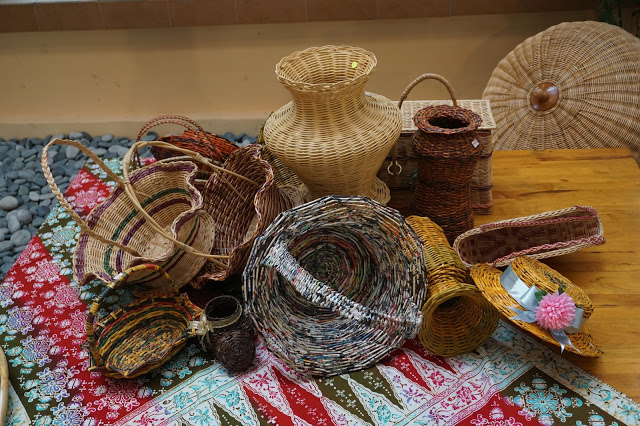10 Products You Didn't Know Were Made By Malaysian Prisoners
Products made by these inmates are usually marketed under the brand name 'My Pride'.
The Malaysia Prisons Department has been doing a remarkable job in equipping prison inmates with vocational skills
Not many people realise this, but these convicts are given proper guidance and training under the vocational and industrial section so that they will have a chance to start afresh when they leave the correctional institution.
They are taught to produce many different products that are not only used but also marketed outside the prisons, to be sold to the public.
This resulted in millions of ringgit in revenue - up to RM34 million of sales a single year - and the best part is that the prison inmates also get a share of this income generated by the Prisons Department.
Here are some of the most sought-after products made by the inmates in the prisons all over Malaysia:
1. Frozen food
Food production is one of the most profitable sectors in the Prisons Department. In the year 2015, the total sales of food products, which included frozen food, were recorded at RM26.6 million.
Some of the most popular frozen food products include curry puff, doughnuts, murtabak ayam, and cucur badak.
These items are easily available for purchase at selected Mydin supermarkets.
2. Dipping sauce
Sos pencicah, or dipping sauce, is the star product from the Pengkalan Chepa Prison in Kelantan.
For the last seven to eight years, it has always been one of the best-selling items from this particular prison.
The sales of the chilli sauce have been very encouraging in recent years, as the prison received RM50,000 from this product alone in 2013.
3. Kuih raya
For the past few years, inmates in Malaysian prisons have taken pride for making delicious cookies for the Hari Raya festive season. This year is no different as they produced more than 15 types of local kuih raya and are selling them to the public at an affordable price range between RM18 and RM22 for a jar.
Last year, the Pokok Sena and Alor Setar Prison made RM250,000 and RM150,000 respectively through the sales of kuih raya. The prisons have set a target to achieve a combined revenue of RM500,000 this year.
4. Woven products
The weaving workshop is conducted to train each prisoner with traditional weaving methods from colouring the thread to weaving.
Danish royalty, Mary Elizabeth Donaldson the Crown Princess of Denmark, reportedly bought 250 Tenun Pahang Diraja (a type of woven silk fabric) produced by prisoners in the Penor and Bentong Prisons last year.
The two prisons managed to record a total sale of more than RM400,000 last year through the sales of Tenun Pahang Diraja products alone.
5. Songket
Prisons in Malaysia are known to be fabric art centres and woven products made there are particularly popular.
However, one particular hand-woven textile, namely songket, is always high in demand that even royalties in the country love it.
The Marang Prison in Terengganu has been recognised for producing some of the best, high-quality songket in the country.
6. BBQ set
Interestingly, one of the items that inmates have been making is barbeque sets for grilling.
Many small businesses and families have also shown their support and bought them for their own house.
7. Furniture
Inmates in some prisons in Malaysia undergo training to do hands-on work, making all kinds of furniture such as coffee table, wardrobe and even bedframe.
They are equipped with different skills to make furniture, mainly from wood and rattan material.
8. Carved woodworks
Some inmates in Malaysian prisons are trained to be equipped with the knowledge and skills in wood carving, allowing them to express their own creativity to create products that range from decorative items such as key holders to everyday items such as mirror.
It was said that some of the best-selling carved woodworks include rehal (book rest used for placing holy books) because people love the intricate details and designs that look very exclusive and is perfect to be given as wedding gifts.
9. Clothing
Both male and female inmates are taught how to sew and use the sewing machines so that they may have the skills needed to get into the tailoring industry after they are released from prison.
Some are also being taught the techniques to produce beautiful batik clothing.
The four main centres that produce batik in the country are the Kajang Women's Prison in Selangor, Pengkalan Chepa Prison in Kelantan, Marang Prison in Terengganu, and Pokok Sena Prison in Kedah.
10. Handicraft
The Prisons Department also sells different kinds of handicrafts made by inmates using rattan and bamboo, among others.
A variety of unique and beautiful items such as clothing baskets, hats, mats, and pencil cases, are some of the most popular handicrafts that people love to buy whether for their own use or as souvenirs for others.
